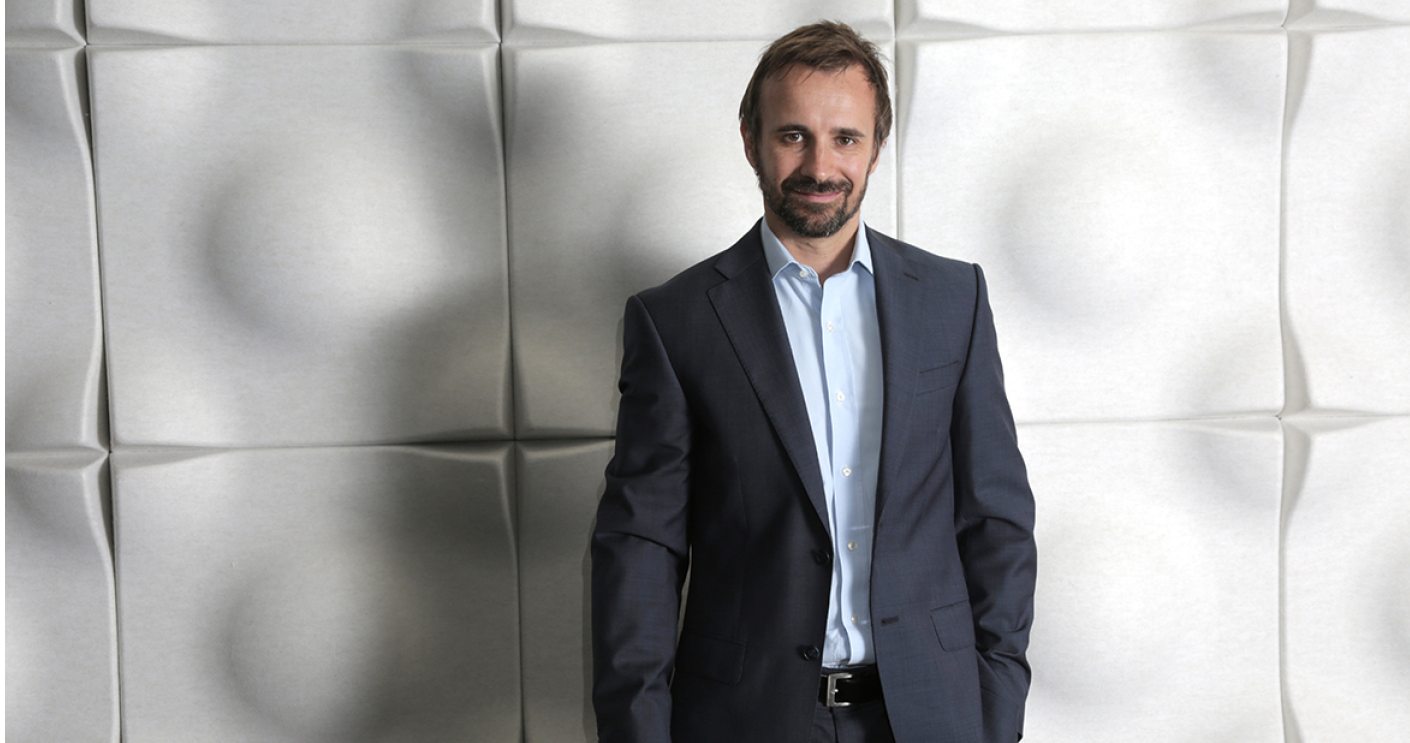Dr Henry Cutler, Director of the Macquarie University Centre for Heath Economy
Alzheimer’s to polar ice melt to high-powered lasers. With 2019 shaping up to be another incredible year of breakthroughs, we take a look at five Macquarie researchers who will be making waves.
Dr Henry Cutler
Director, Macquarie University Centre for Health Economy (MUCHE)
The challenge: Australians often make sub-optimal decisions about their finances when entering residential aged care
MUCHE’s vision is to create a world where decision makers are empowered with trusted research into health and human services policy and systems. In 2019, Dr Cutler will be leading a research project that examines the payment options for the 60,000 Australians entering residential aged care each year.
This choice is complex, and can significantly impact a resident’s pension, other income streams, co-contribution to care, taxation and overall wealth. This project will evaluate the extent to which people entering residential aged care are making sub-optimal payment decisions, what factors contribute to these decisions, and potential interventions to improve decisions, creating better financial outcomes and ultimately enhanced resident wellbeing.
Dr Esther Lim
Postdoctoral Research Fellow, Department of Biomedical Sciences
The challenge: Melanoma kills more young Australians (20-39 year olds) than any other single cancer1
Dr Lim’s research, which is currently funded by Cure Cancer Australia, investigates means of stimulating the immune system as a form of therapy for patients with advanced melanoma.
The genomic and protein profiles of these patients are examined to identify which patients will benefit from this treatment, as well as potential side effects. Esther’s team recently published findings that demonstrated the effective prediction of the onset of severe toxicities in melanoma patients treated with immune therapies, using proteins in the blood of these patients. This research may take the medical community a step closer to personalising effective therapies with the greatest benefit and lowest risk of adverse effects.
Joanne Earl
Associate Professor, Department of Psychology
The challenge: a huge number of Australians do not have a plan for retirement
Right now in Australia there are almost one million people who are working and without a plan for retirement. Associate Professor Joanne Earl, together with colleagues at UNSW, is leading an ARC Discovery Project looking at why some people plan, and others do not.
They are particularly focused on ‘time perspective’: how much people focus on the past, the present or the future, and whether it helps to explain how, or if, people plan. Part of their study involves a collaboration with Oklahoma State University delivering online training modules based around time perspective to improve retirement planning. Findings from the project were recently presented at an Australian Securities and Investments Commission Research Summit on building financial capabilities.
Associate Professor Tanya Evans
Director, Centre for Applied History
The challenge: Our idea of ‘family’ needs an update
Among the projects underway in the Centre for Applied History is a ‘people’s history’ of motherhood in Australia. The project gathers data from family historians through their publications (usually self-published books), surveys, personal collections of family archives, focus groups and interviews. The millions of family historians that are busy producing women’s, feminist and gender history around the world have the potential to have a far greater impact on our knowledge of motherhood than most academics.
Through this project we reveal ways in which historical research can challenge conservative understandings of the family and incorporate adoptive, queer and blended families.
Dr Alf Garcia-Bennett
ARC Australian Research Fellow, Department of Molecular Sciences
The challenge: We need to understand more about how nano-materials are processed within the human body
Dr Garcia-Bennett leads a research team that is designing nanoporous materials for advanced applications in molecular separation, catalysis and nanomedicine. The nanoporous particles have surfaces exceeding 1000m2/g and are biocompatible, making them ideal as advanced carriers of pharmaceutical drugs and other functional molecules.
Uncovering the way these, and other nanostructured biomaterials, are processed within the body is one key challenge that the multidisciplinary team is tackling. They hope to enable the implementation of nanomedicine in meaningful clinical applications using advanced biomaterials designed to interact with the body’s proteins in the most optimal way.


 Back to homepage
Back to homepage
While wandering around this website (Macqu. Uni) I came across Studies /research into ? Glycomics .. study into the cellular/micro metabolism of sugars and their influence on body’s immune response and/or infection control. Wandered off and could not relocate where this research, ..by a ‘Lady’ Professor was being described. Could you please provide a contact to this Prof. or her team, please.
Hi Glena,
Professor Nicki Packer might be the person you’re looking for. You can find her contact details and information about her research here:
https://researchers.mq.edu.au/en/persons/nicki-packer